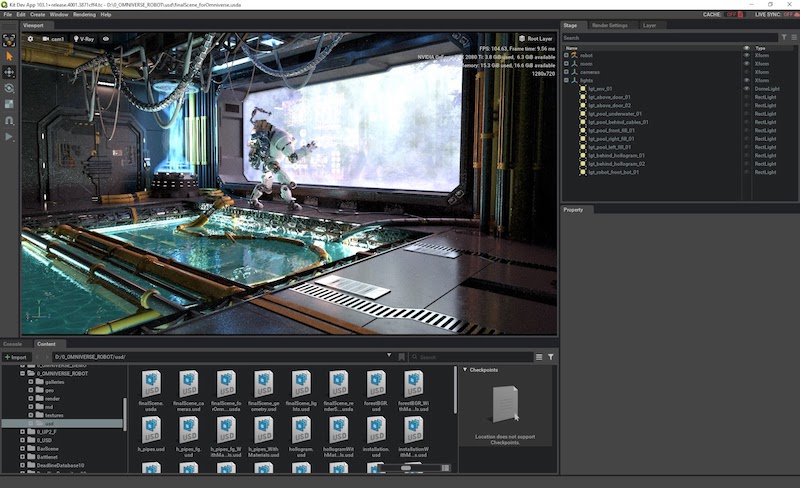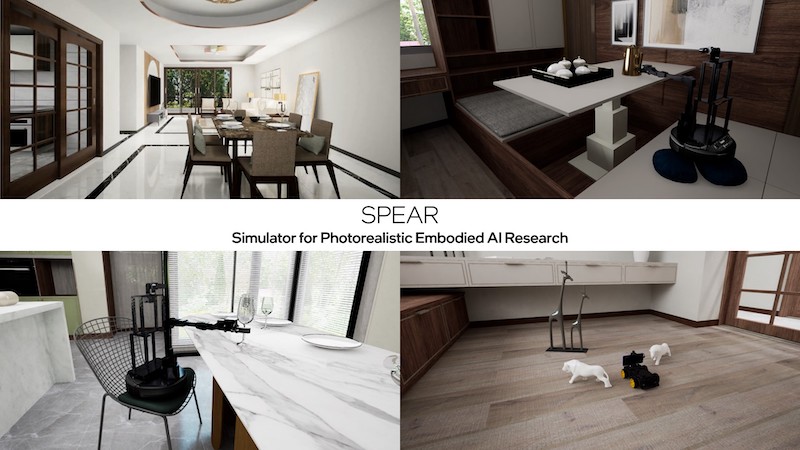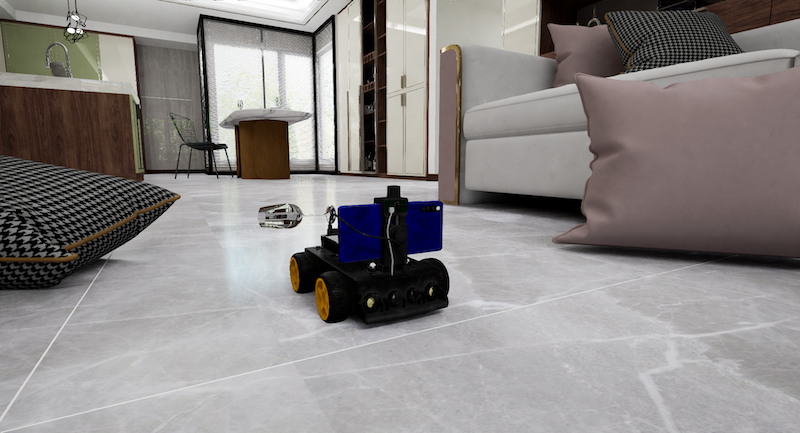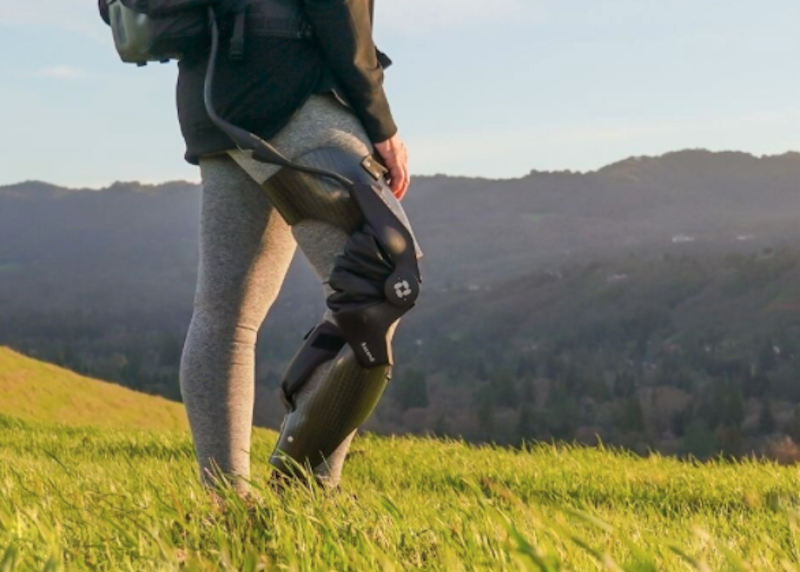Mantis Robotics, a pioneer in “physical AI” for robotic automation, has secured $5 million in new investments led by Emerald Technology Ventures with participation from the Amazon Industrial Innovation Fund.
This cash infusion will enable Mantis Robotics to scale its operations, enhance its product portfolio, and expand its presence in the rapidly growing industrial robotics market.
Mantis has entered the next frontier in robotics by creating the first adaptive, human-centered robots. The company makes industrial robotic arms that are inherently safe for human interaction, eliminating the need for costly and complex external safeguards such as fences or laser barriers. [Read more…] about Mantis Robotics raises $5 million to develop ‘human-centric robots’












